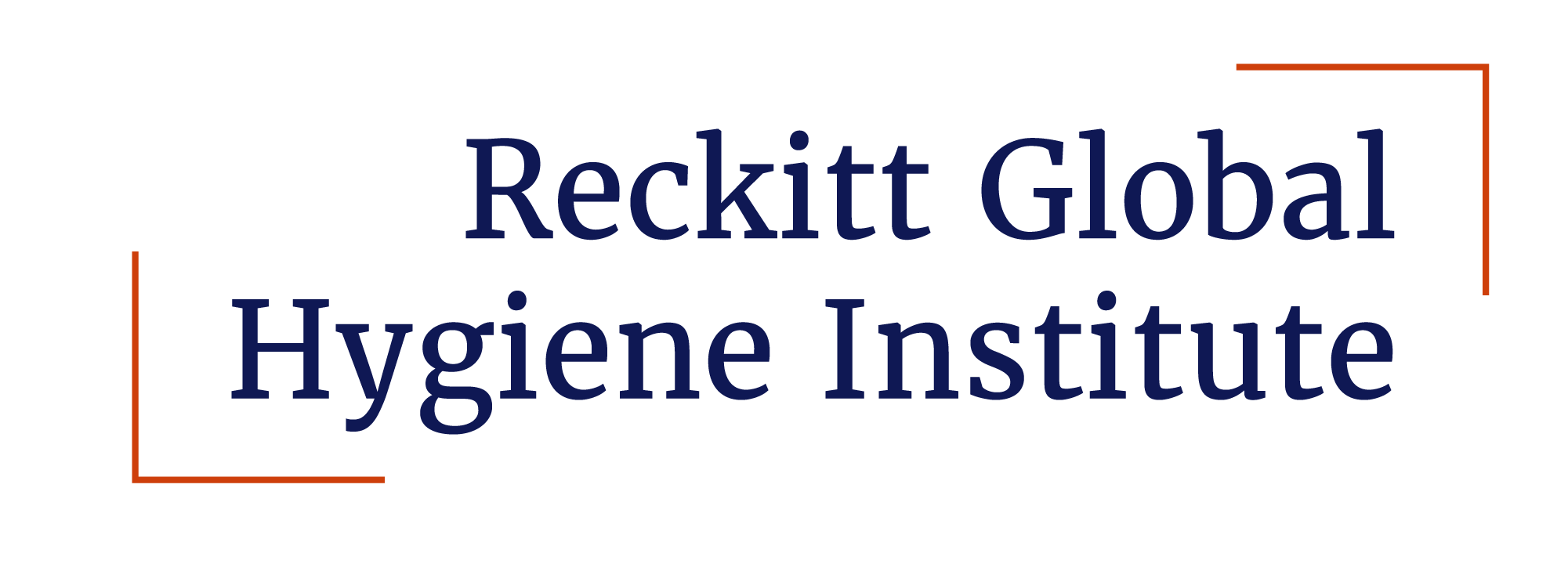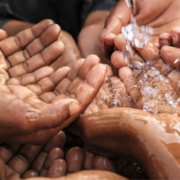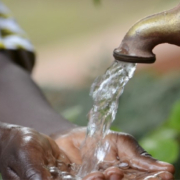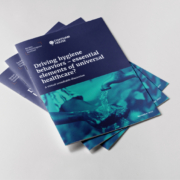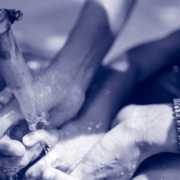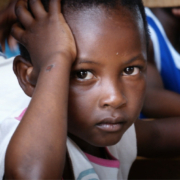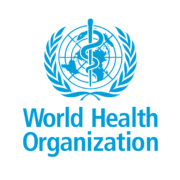Health for all remains a pipedream without hygiene
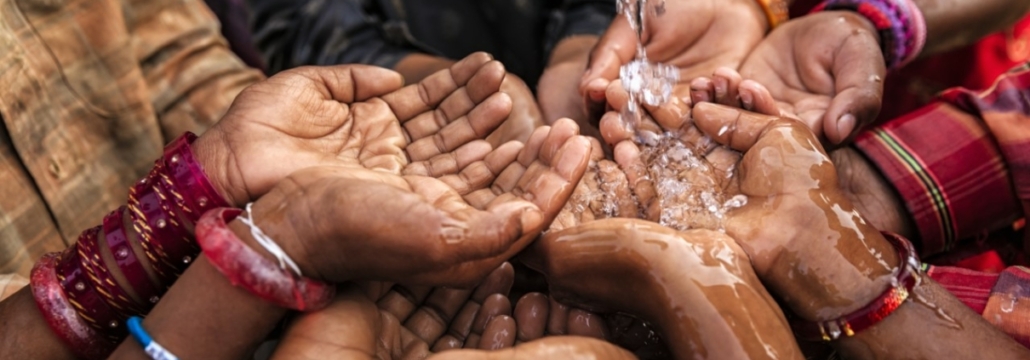
The 2023 theme for the World Health Organization’s World Health Day on April 7th was “achieving health for all.” The United Nations agency, along with the Pan American Health Organization, took the day to look back at public health successes that have improved quality of life since the WHO’s inception 75 years ago. Whilst there are many to celebrate, experts say progress has been limited because of a repeated failure to invest in hygiene and that that will continue to be the case unless something changes.
“As far back as the 1850s when Hungarian physician, Ignác Fülöp Semmelweis, discovered the difference washing hands with soap made to the maternal mortality rates on his ward, the world has had some idea at the power that lies in creating and maintaining a hygienic environment. Yet almost 200 years later, people still continue to needlessly die as a result of poor hygiene,” said Dave Wheeler, Operations & Strategy Director for the Reckitt Global Hygiene Institute.
Data from the WHO reveals that around 829,000 people from low- and middle-income countries die annually because of a lack of access to clean water, sanitation, and hygiene. Chronic diarrhoea and trachoma, ringworm and scabies, flu and norovirus; these are just some of the illnesses borne from a lack of good hygiene.
While, in the last 75 years, diseases such as smallpox and rinderpest have been eradicated, the likes of antibiotics, transplants and medical images discovered, and vaccines developed to prevent illnesses such as tetanus and rubella, there is still not “health for all” and [spokesperson] believes a global failure to recognise the role of hygiene is partly to blame.
“It sounds so simple and it really is; handwashing, keeping ourselves and our environment clean, maintaining good menstrual hygiene practices, all of these things can actually save lives. It’s not new, innovative or particularly dynamic but hygiene measures can be life-saving interventions. The world is currently failing to recognise that and thus people are falling ill and dying,” said Dave Wheeler.
Going forward, he called for the health sector to embed hygiene messaging into their programs and for decision-makers to invest in hygiene as part of health strategies.
Few countries include a line item for water, sanitation and hygiene in their health budgets and of those that do, it’s minimal. Uganda, for example, allocates only 3%of its national budget toward water and environment which impacts hygiene, and in Malawi it’s less than 2%.
“If we were to invest in ensuring everyone had access to hygiene facilities and had education around the role of hygiene, the health gains over the next 10 years, let alone 75, would be tremendous. As it stands, gaps in facilities and in government investment and programs means we will continue to see illnesses jeopardise community health needlessly and we will not achieve the global goal on health.”
Sustainable Development Goal 3, which United Nations member states committed to achieving by 2030, pledges good health and wellbeing for everybody everywhere. Currently, 3 billion people don’t have access to handwashing facilities and 3 in 10 people don’t have what they need to wash their hands at home.
To continue to build on progress made thus far, the WHO has called on governments to invest in strong health systems, increase public financing for health, support healthy living environments and increase “health taxes” on tobacco, alcohol, added sugar, and fossil fuels.
“At RGHI we support WHO’s recommendations but, following World Health Day 2023, we say it’s not enough,” stated Wheeler. We urge leaders to also focus on the fundamentals of their health systems and community structures: do health facilities and schools have what they need to allow for regular handwashing? Do the elderly as well as children understand why they need to regularly be washing their hands? Are there programs aimed at changing the hygiene behaviours of communities so that they can be more healthy? These are the questions policymakers should be asking themselves.”
RGHI aims to support such decision-making by creating a collection of timely and accessible data that lays out what works when it comes to hygiene interventions, the value they can bring to local economies and how to engage communities in widespread adoption.
“In 2023, there are glaring gaps in our ability to achieve health for all and unless they are tackled, health inequities will continue to prevail. Rather than focussing on what’s been achieved thus far, we must ask why more hasn’t been achieved and why an emphasis is being put on innovative means of fighting illness when simple acts of handwashing could go a long way. Hygiene stands the test of time.”
